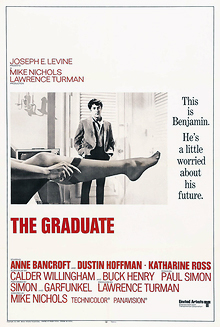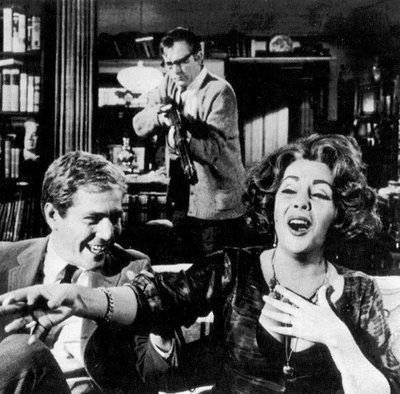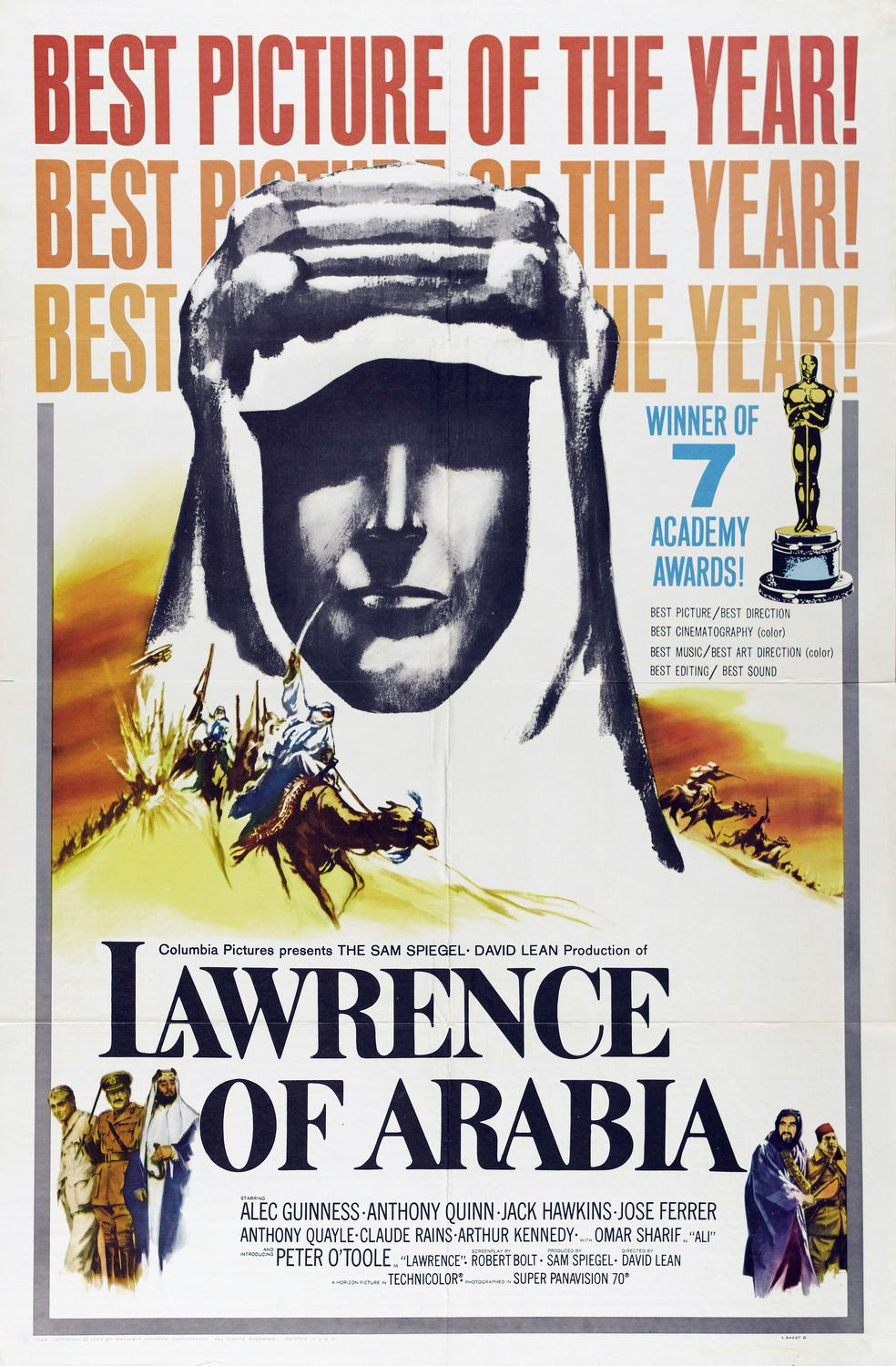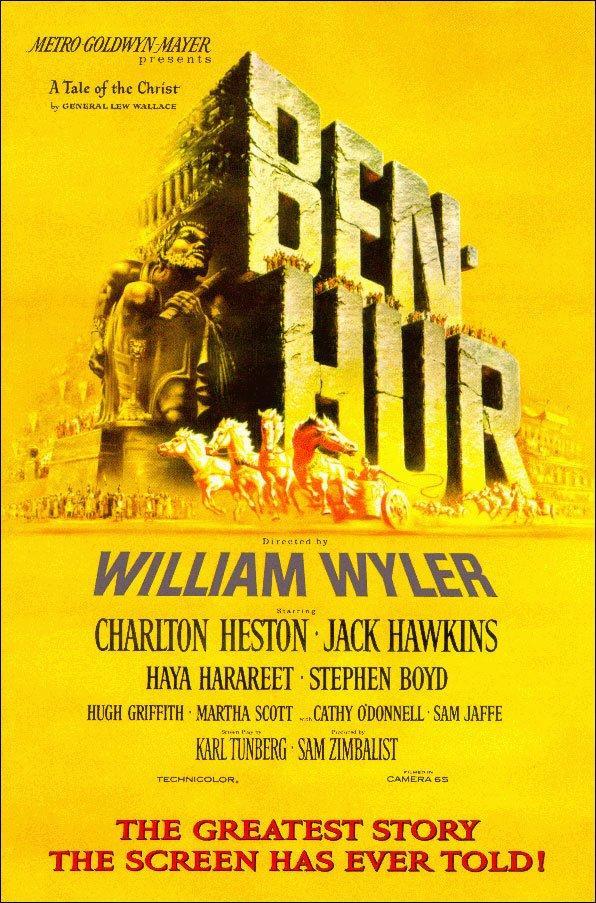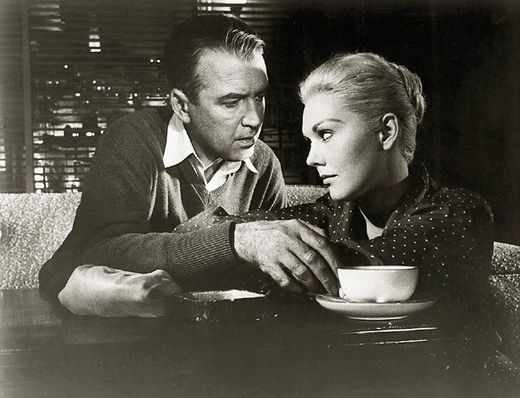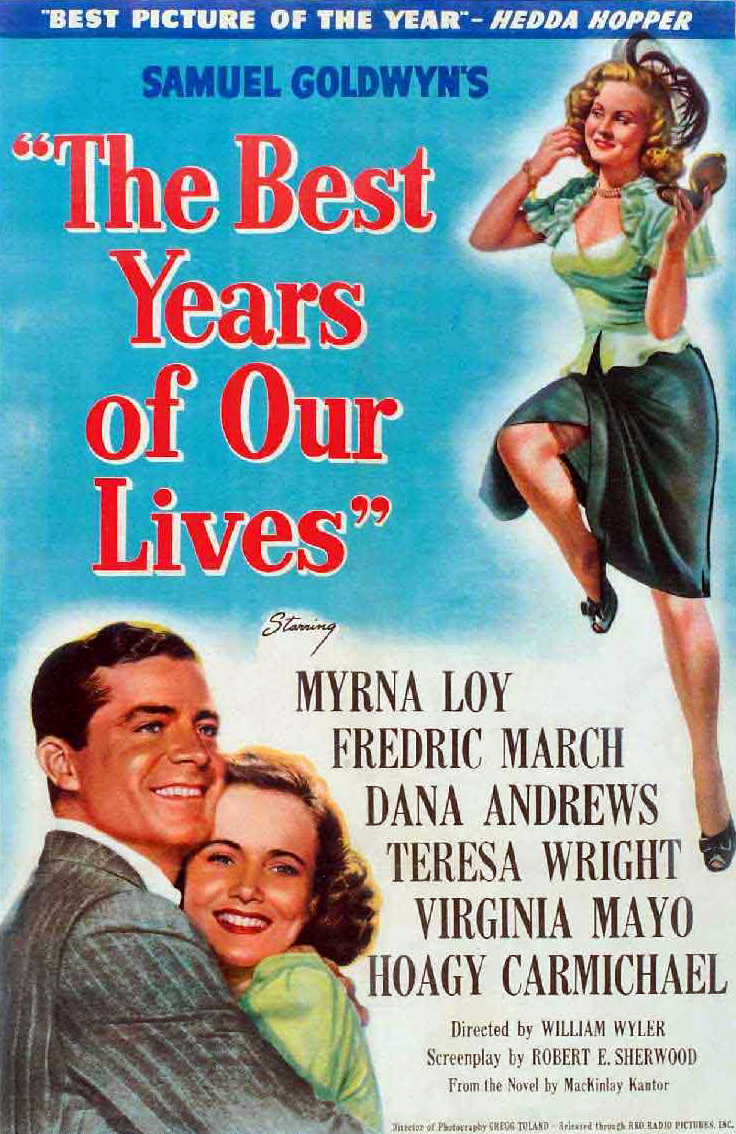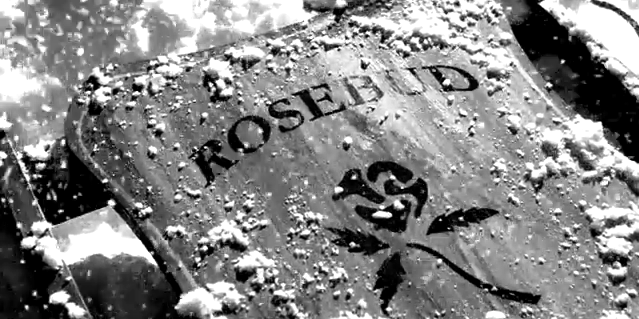Release Year: 1967
Director: Mike Nichols
Cast: Dustin Hoffman, Anne Bancroft, Katharine Ross.
Plot: Benjamin Braddock has just arrived home after finishing college. Worried about his future and desorientated in his life, he engages in a sexual relationship with a married woman and becomes his lover.
Review: "Mrs. Robinson, you're trying to seduce me. Aren't you?" There are several reasons why I loved 'The Graduate'.
First because it continued the journey initiated by 'Bonnie and Clyde', talking about sex with a more open mind. Secondly, because Dustin Hoffman is an incredible actor with a unique technique, and portraits here a character that's difficult not to love. Finally because it features a sort of hippie story that identified not only with that time new movements but also with the feelings that every late-teenager has when thinking about an unsure future. For all those reasons, 'The Graduate' is an intelligent, funny (Benjamin seems constantly absent, a weird and insecure oberver of a world to which he doesn't belong) and innovative film appealing for new and old audiences.

The relationship of Benjamin and Mrs. Robinson is a very complicated one. Their first 'compromised' meeting ends with a series of shoots intertwining his horrified face with her bare breasts. From then on, she's presented as a liberated woman that helps him lose his virginity, but deep down she represents a society anchored in the past; she ruined her life when she got pregnant and although she forgets it momentarily in her sexual encounters with Benjamin, she's, deep down, terribly unhappy because she can't escape from her reality. The culmination of that idea lays on her insistence of not letting Benjamin see her daughter Elaine, because she's absoutely afraid due to the possibility of him leaving her for a younger woman and being left alone in the dark again. Although he agrees at the beginning (treating Elaine despicably when he invites her to a humiliating session on a striptease club), but finally comes to terms with his own thoughts and feelings and decides to marry her, the woman he loves, instead of the old declining harpy (which was indeed, once again, a metaphore of what society had become and what it meant for youth).

Mrs. Robinson's offer is a poisonous one, a mindless sex proposition with major dangers behind her fake carefree and hypocritical façade
In the final scene, Benjamin interrupts Elaine's wedding with another man and escapes with her in a bus, after Elaine has her last revealing words with her mother: -"Elaine! It's too late" +"Not for me!" The ultimate breaking between former and new society, 'The Graduate' is definitely one of the most significant movies of its time.
First because it continued the journey initiated by 'Bonnie and Clyde', talking about sex with a more open mind. Secondly, because Dustin Hoffman is an incredible actor with a unique technique, and portraits here a character that's difficult not to love. Finally because it features a sort of hippie story that identified not only with that time new movements but also with the feelings that every late-teenager has when thinking about an unsure future. For all those reasons, 'The Graduate' is an intelligent, funny (Benjamin seems constantly absent, a weird and insecure oberver of a world to which he doesn't belong) and innovative film appealing for new and old audiences.

"Mrs. Robinson, you're trying to seduce me. Aren't you?" Hoffman's Benjamin is one of a kind. A portrait of one of everbody's life phases in which we don't know what we are gonna do with our lives and ultimately a strangely funny creature
The relationship of Benjamin and Mrs. Robinson is a very complicated one. Their first 'compromised' meeting ends with a series of shoots intertwining his horrified face with her bare breasts. From then on, she's presented as a liberated woman that helps him lose his virginity, but deep down she represents a society anchored in the past; she ruined her life when she got pregnant and although she forgets it momentarily in her sexual encounters with Benjamin, she's, deep down, terribly unhappy because she can't escape from her reality. The culmination of that idea lays on her insistence of not letting Benjamin see her daughter Elaine, because she's absoutely afraid due to the possibility of him leaving her for a younger woman and being left alone in the dark again. Although he agrees at the beginning (treating Elaine despicably when he invites her to a humiliating session on a striptease club), but finally comes to terms with his own thoughts and feelings and decides to marry her, the woman he loves, instead of the old declining harpy (which was indeed, once again, a metaphore of what society had become and what it meant for youth).

Mrs. Robinson's offer is a poisonous one, a mindless sex proposition with major dangers behind her fake carefree and hypocritical façade
In the final scene, Benjamin interrupts Elaine's wedding with another man and escapes with her in a bus, after Elaine has her last revealing words with her mother: -"Elaine! It's too late" +"Not for me!" The ultimate breaking between former and new society, 'The Graduate' is definitely one of the most significant movies of its time.
.jpg)
.jpg)

